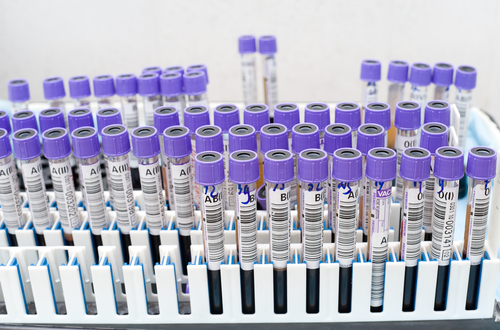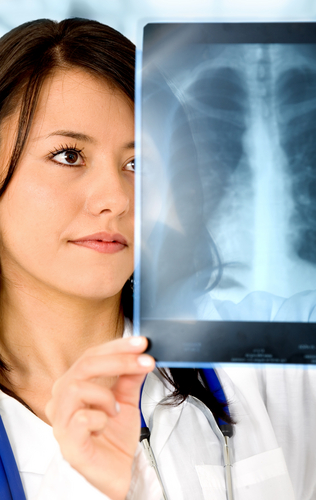Test Results
Enquiries / Test Results
Enquiry / Test Result telephone number is 0345 337 1150 - Option 3
 The practice carries out hundreds of laboratory tests on patients each week. It is vitally important that patients contact us for these results to make sure they are fully informed and that nothing serious is missed.
The practice carries out hundreds of laboratory tests on patients each week. It is vitally important that patients contact us for these results to make sure they are fully informed and that nothing serious is missed.
The person doing the test will tell the patient when to contact the surgery for the result, most taking just a few days to come back. We will only give results to someone other than the patient if you (the patient) give your written consent to us, children under 12 excepted.
Do not assume all is well because we did not contact you with the result, you must call to find out for yourself. It is the patient's responsibility to make sure the you are informed of any test results.
Please telephone for results between 11:00 and 17:00 Monday to Friday. Results telephone number is 0345 337 1150 - Option 3
*Blood/Urine/Stool Tests - A consultation with a GP/clinician is required before a sample should be submitted.*
Requests for blood tests, urine or stool samples are subject to prior instruction or authorisation by a Practice GP or Secondary Care (Hospital Department) only.
Any patients requesting additional tests which have not been prior agreed/authorised will be refused and shall require a GP consultation to request.
Blood Tests
A blood test is when a sample of blood is taken for testing in a laboratory. Blood tests have a wide range of uses and are one of the most common types of medical test. For example, a blood test can be used to:
- assess your general state of health
- confirm the presence of a bacterial or viral infection
- see how well certain organs, such as the liver and kidneys, are functioning
A blood test usually involves the Healthcare Support Worker taking a blood sample from a blood vessel in your arm - the usual place for a sample is the inside of the elbow or wrist where the veins are relatively close to the surface. Blood samples from children are most commonly taken from the back of the hand. The child's hand will be numbed with a special cream before the sample is taken.
X-Ray
 An X-ray is a widely used diagnostic test to examine the inside of the body. X-rays are a very effective way of detecting problems with bones, such as fractures. They can also often identify problems with soft tissue such as pneumonia.
An X-ray is a widely used diagnostic test to examine the inside of the body. X-rays are a very effective way of detecting problems with bones, such as fractures. They can also often identify problems with soft tissue such as pneumonia.
If you have a X-ray, you will be asked to lie on a table or stand against a surface so that the part of your body being X-rayed is between the X-ray tube and the photographic plate. This will be performed by a Radiographer - A healthcare professional who specialises in using imaging technology.